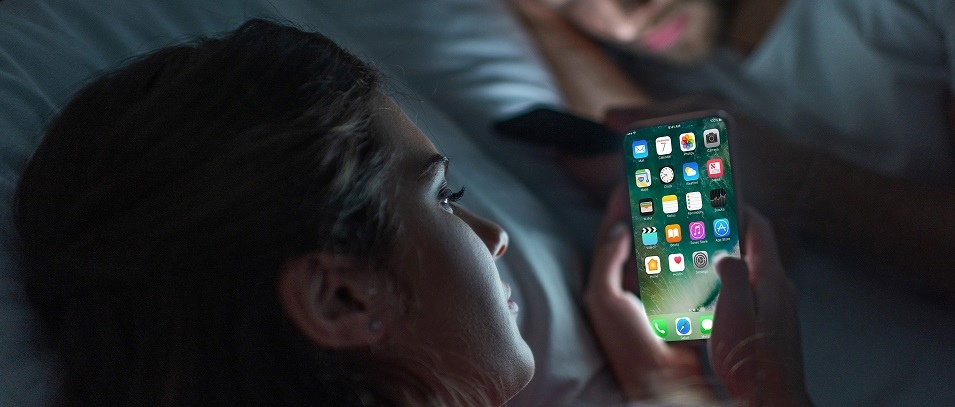
Years ago, when cell phones were relatively new, people grew concerned that using them might cause harm to our brains. Specifically, the fear was that cell phones might emit deadly radiation, such as microwaves that killed brain cells or caused cancer.
Studies conducted since that time have established no clear link between cell phone usage and brain damage, eliciting a sigh of relief from many people—including CEOs of cell phone companies. It would seem that cell phones are perfectly safe to use.
At least when it comes to deadly radiation.
We’ve learned a great deal more in the years since, and some of what we’ve learned is causing us to revisit whether smartphones are in fact good for our brains.
Most will have noticed that people appear to spend more and more time on their phones. Although we do use them to make calls or send texts, we also use them to read the news, surf social media, play games, and access hundreds of apps that can consume hours of our day.
Some of us find these incessant demands on our attention irritating; you may have heard someone talk—or yourself talked—about needing to unplug, delete social media, and spend less time chained to our devices.
Others, however, may feel differently. We jump at every notification, we always have our phones in our hands, and we pull our devices out in the middle of conversations, unable to put them down for long.
And when we can’t be on our smartphones, we start feeling anxious and uncomfortable, looking for excuses to go and pick them up again.
Some experts have taken to calling this “smartphone addiction.” While that may not be an official diagnosis, it is a growing problem for many people in our increasingly online world.
Signs of smartphone addiction are similar to the signs of problem gambling and may include: spending increasing amounts of time on your smartphone; craving your smartphone during times when you cannot access it; being preoccupied with or excessively checking texts, messages, or other notifications; turning to your smartphone as a distraction when you experience unwanted feelings such as sadness or anxiety; experiencing time loss while using your phone (hours go by without you realizing it); reaching for your phone without making a decision to do so; and using your phone persistently despite the real-life consequences of doing so, such as in your relationships or at work.
Some of us might be asking, “So what? What harm is done by spending so much time on our phones? After all, it’s just wasting time, isn’t it?”
This may be true for some of us. But for those who have begun to develop a psychological dependency on their devices, there may be real, physical consequences.
A study published in the scientific journal Addictive Behaviours looked at MRI brain scans of individuals who exhibited problematic behaviours related to their cell phones. They found dramatic changes to the grey matter, especially in the insula cortex and temporal lobe, parts of the brain that are connected to, among other things, emotional regulation, self-awareness, memory formation, and motivation.
These scans revealed that individuals with symptoms of smartphone addiction demonstrated a loss of volume and function in these areas of the brain, similar to those who had been diagnosed with substance use disorders.
The concern is even greater for children and adolescents, due to their vulnerable, developing brains.
This MRI study has given us one of the strongest indications yet that problematic smartphone use can be harmful. Unfortunately, because this study hit the news just weeks before the COVID-19 pandemic, its significance was lost in the grand scheme of our collective consciousness.
Finally we’re starting to discuss what this research might mean for us, and how we can make changes to ensure we don’t develop a problem connected to smartphone use. Several therapists, psychologists, and behaviour experts have weighed in on smartphone overuse and offered suggestions for bringing our smartphone use down to healthier levels.
They recommend taking a break from screens for a defined period of time, setting limits for yourself on how much you will be on your phone (for example, there are apps that will monitor your screen time and alert you when you’ve reached your limit), keeping your phone plugged in while you’re at home and only checking it at specific times, and charging your phone away from your bed so that it isn’t within reach while you’re trying to sleep.
Most of us, even those who don’t use our smartphones in an unhealthy fashion, could benefit from these tips. Perhaps consider trying them and seeing how easy it is to do so. If it’s more of a challenge than you expected, it might mean that it’s time to get a bit more serious about reducing your screen time.
Your brain might thank you for it.



















